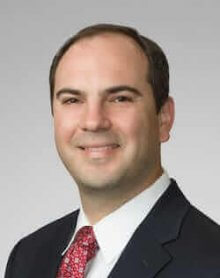The “automatic stay” is a fundamental principle of bankruptcy and a misunderstood term. As a general rule, the automatic stay is effective the moment a debtor files a bankruptcy petition. The stay shields a debtor from the reach and contact of creditors while the debtor attempts to reorganize its debts and financial affairs.
While the automatic stay is in effect, creditors are prohibited from taking certain actions against the debtor with respect to debts that arose prior to the bankruptcy filing. Most importantly, the automatic stay prevents creditors from taking actions to collect pre-bankruptcy filing debts, continuing any pending legal proceeding or initiating new legal proceedings against the debtor, and foreclosing on the debtor’s property. The automatic stay does not apply to criminal cases or to certain family law or governmental investigatory or regulatory proceedings.
A common misconception of the automatic stay is that it alleviates a debtor from having to pay its obligations as they become due after the bankruptcy filing. All bills, mortgage payments, vendor invoices, employee wages, and other operating expenses must be paid as they come due after the bankruptcy is filed. When a debtor fails to remain current on its obligations after the bankruptcy filing, the bankruptcy court is more likely to dissolve the automatic stay or dismiss the bankruptcy case.
Creditors should proceed cautiously when a debtor files bankruptcy to ensure they do not take actions that violate the automatic stay. A creditor who deliberately and knowingly disregards the automatic stay can be subject to fines, penalties, and sanctions. Innocent violations of the stay that are quickly remedied do not receive the same scrutiny than creditors who act with malice and blatant disregard for the automatic stay.
The automatic stay is important in accomplishing the underlying goal of bankruptcy which is to pay creditors in an orderly and timely manner. Without an opportunity to reorganize free of creditor interference, the debtor and all creditors stand to lose more than if the debtor is afforded some amount of time to regroup.










